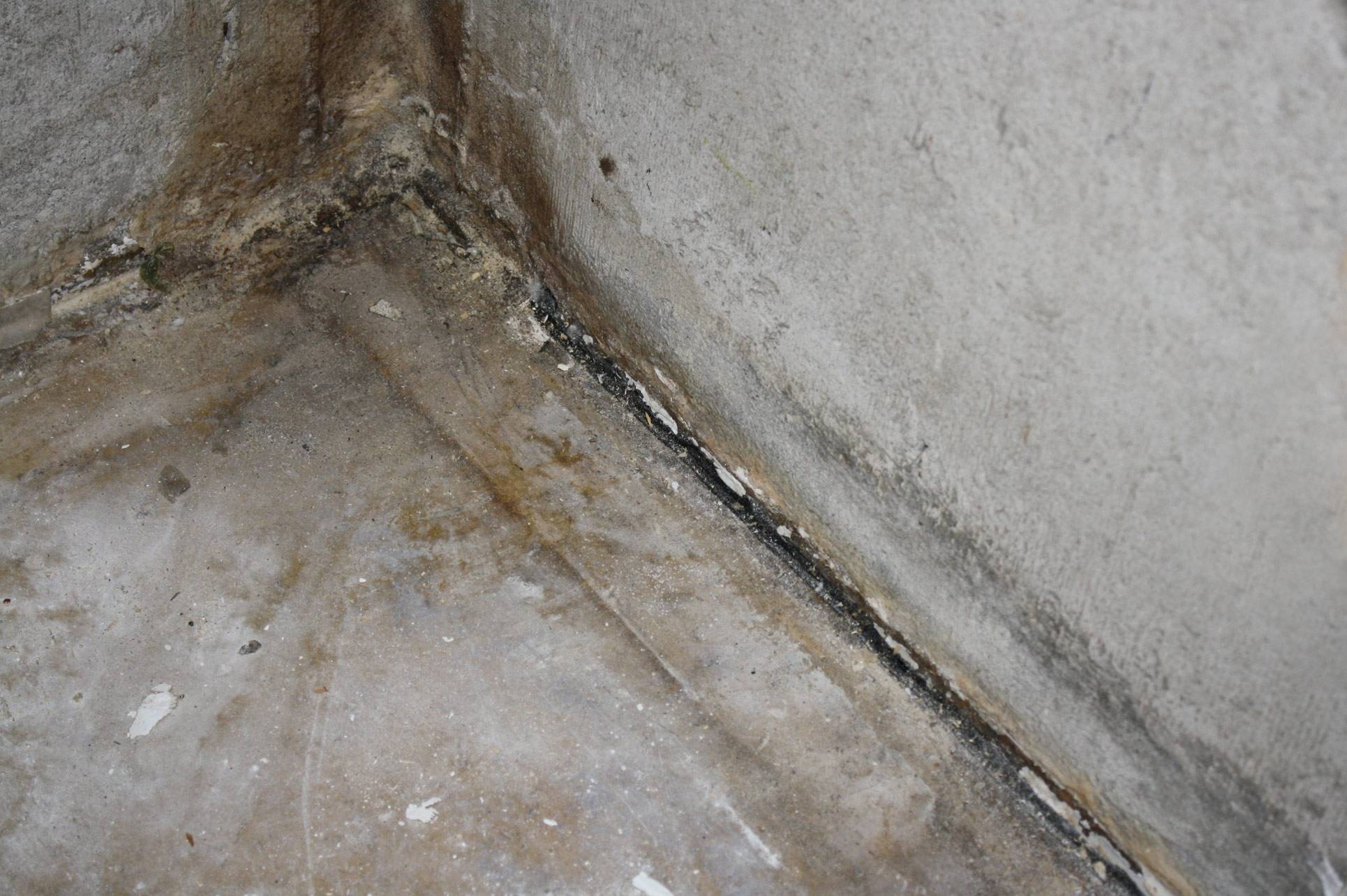Exploring the Top Reasons for Leakage in Your Home
Exploring the Top Reasons for Leakage in Your Home
Blog Article
We've discovered this great article about Common Water Leaks In House down the page on the internet and reckoned it made good sense to write about it with you here.

Leaks not only trigger waste of water yet can additionally cause unnecessary damage to your home and promote unwanted organic growth. Water leakages could go undetected considering that many of the pipework in our home is hidden. By recognizing and looking for day-to-day scenarios that trigger leaks, you can protect your residence from future leakages and unneeded damages. Today, we will look at 6 leak creates that might be creating your pipes to trickle.
Instant temperature level modifications.
Severe temperature level changes in our pipelines can trigger them to broaden and also contract unexpectedly. This growth as well as tightening might create splits in the pipelines, especially if the temperature are below freezing. It would be best if you kept an eye on how your plumbing works. The existence of the formerly discussed situations often indicates a high threat.
Rusty water systems
As time goes by, your plumbing system ages as well as corrosion such as corrosion may begin eating away the pipelines. This may be the cause of discoloration or bending on your water pipes. This asks for an examination with your plumber promptly. Take into consideration replacing the pipes given that they are at a higher risk of rust than the more recent designs if our plumbing system is old.
Defective Pipe Joints
Pipe joints can wear away over time, resulting in water leaks. If you have loud pipes that make ticking or banging sounds, particularly when the hot water is transformed on, your pipeline joints are most likely under a lot of pressure.
Encroaching roots
Most water leakages start outside the residence rather than inside it. You may notice wet patches or sinkholes in your yard, and also that could imply that tree roots are attacking water lines triggering water to seep out.
Poor Water Connectors
At times, a leak can be created by loose pipes and pipes that provide your appliances. In instance of a water connections leak, you might notice water running directly from the supply line or pools around your appliances.
Blocked Drains
Obstructed drains may be aggravating and inconveniencing, however they can often wind up causing an overflow resulting in rupture pipelines. Maintain getting rid of any materials that may go down your drains that might block them to prevent such troubles.
All the above are root causes of leaks yet not all water leakages arise from plumbing leakages; some leakages could originate from roofing leakages. All leaks need to be fixed immediately to avoid water damages.
Leaks not just cause waste of water but can also cause unneeded damages to your home and advertise unwanted organic development. By looking and recognizing for daily situations that create leaks, you can protect your residence from future leaks and also unnecessary damages. Today, we will look at 6 leak creates that may be creating your pipes to leak.
At times, a leak can be triggered by loosened hose pipes and also pipes that provide your devices. In situation of a water links leakage, you may observe water running straight from the supply line or puddles around your home appliances.
How To Check For Water Leak In Your Home
How To Check for Leaks
The average household's leaks can account for nearly 10,000 gallons of water wasted every year and ten percent of homes have leaks that waste 90 gallons or more per day. Common types of leaks found in the home are worn toilet flappers, dripping faucets, and other leaking valves. These types of leaks are often easy to fix, requiring only a few tools and hardware that can pay for themselves in water savings. Fixing easily corrected household water leaks can save homeowners about 10 percent on their water bills.
To check for leaks in your home, you first need to determine whether you're wasting water and then identify the source of the leak. Here are some tips for finding leaks:
Take a look at your water usage during a colder month, such as January or February. If a family of four exceeds 12,000 gallons per month, there are serious leaks.
Check your water meter before and after a two-hour period when no water is being used. If the meter changes at all, you probably have a leak.
Identify toilet leaks by placing a drop of food coloring in the toilet tank. If any color shows up in the bowl after 10 minutes, you have a leak. (Be sure to flush immediately after the experiment to avoid staining the tank.)
Examine faucet gaskets and pipe fittings for any water on the outside of the pipe to check for surface leaks.
Undetected water leaks can happen without the home or business owner even realizing. If you suspect a water leak, but not able to find the source. It is time to contact a professional water leak detection service, The Leak Doctor.
How To Find a Water Leak In Your Home
https://www.leakdoctor.com/blog/How-To-Check-For-Water-Leak-In-Your-Home_AE197.html

Hopefully you enjoyed reading our piece on How to Find Water Leaks. Thanks so much for finding the time to read our article post. Loved our blog entry? Please share it. Let others locate it. Thank you for your time. Visit again soon.
Protect your property, call! Report this page